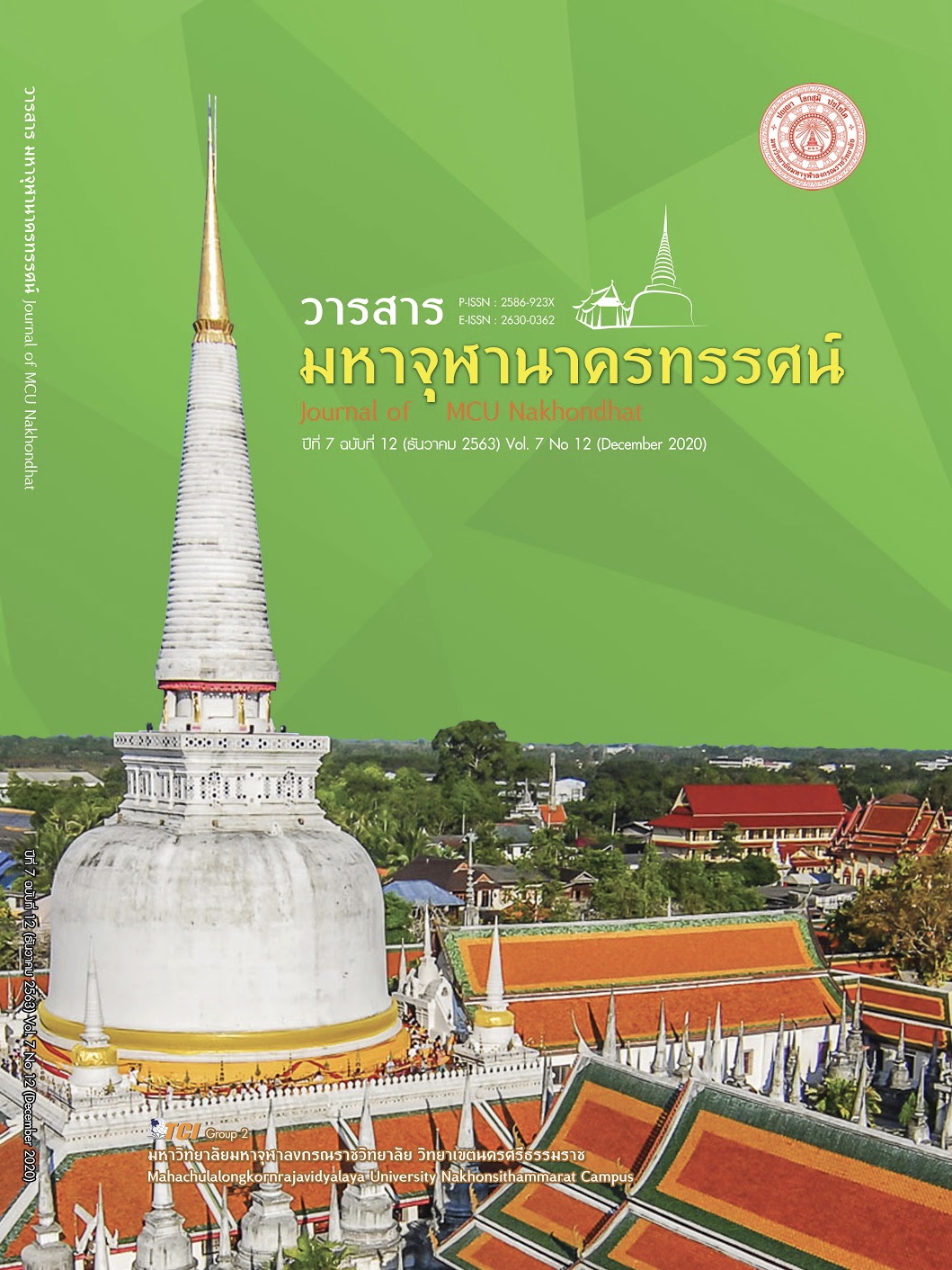DEVELOPMENT OF MULTIMEDIA'S THERAPEUTIC COMMUNICATION IN PSYCHIATRIC NURSING
Main Article Content
Abstract
The Objectives of this research article were to create and assess the efficiency of multimedia for Therapeutic Communication in Psychiatric Nursing by using pre - and post - achievement tests; and to investigate the satisfaction of multimedia for self - learning regarding therapeutic communication use for psychiatric nursing of 3rd year nursing students of Boromarajonani College of Nursing, Chiang Mai. The whole population was 160 students in which 80 third year nursing students from Class 1 were randomly selected by using a simple random sampling method. The instruments used in this study was multimedia for therapeutic communication use for psychiatric nursing, achievement tests, and a questionnaire which measures the students’ satisfaction on the multimedia. The data and students’ satisfaction were analyzed by descriptive statistics, including frequency, percentage, mean, and standard deviation. Pre - and post - achievement tests were compared by using dependent sample t - test. The findings indicated that the developed multimedia for therapeutic communication use for psychiatric nursing has an efficiency of 82.73/84.28, which was above the specified criterion of 80/80. The average scores of the achievement test after the use of multimedia was 6.94 higher than the pretest with a statistical significance of 0.05 (P<0.001). Additionally, the students’ overall satisfaction on the use of multimedia for therapeutic communication use for psychiatric nursing was in a high level. As a consequence, the result gained under this study can be used to improve the pedagogical practices in the future.
Article Details
References
ณัฐกร สงคราม. (2554). การออกแบบและพัฒนามัลติมีเดียเพื่อการเรียนรู้. (พิมพ์ครั้งที่ 2). กรุงเทพมหานคร: จุฬาลงกรณ์มหาวิทยาลัย.
ทิศนา แขมมณี. (2561). ศาสตร์การสอน องค์ความรู้เพื่อการจัดกระบวนการเรียนรู้ที่มีประสิทธิภาพ. กรุงเทพมหานคร: โรงพิมพ์แห่งจุฬางกรณ์มหาวิทยาลัย.
ธนวัฒน์ ยวงทอง. (2554). การผลิตบทเรียนสื่อประสมเชิงโต้ตอบบนเว็บเรื่องทฤษฎีสี สำหรับนักเรียนชั้นมัธยมศึกษาปีที่ 5. ใน รายงานการวิจัย. มหาวิทยาลัยขอนแก่น.
Bruning, R. H. et al. (1995). Cognitive psychology and instruction. (2nd ed.). Englewood Cliffs, NJ: Prentice Hall.
Driscoll, M. (1997). Defining Internet - Based and Web - Based Training. Performance Improvement, 36(4), 5-9.
Gibbons, M. (1980). How experiential is experience - base program. The Journal of Experiential Education, 3(1), 11-13.
Katherine, M. F. & Patrica, A. (2008). Psychiatric mental health nursing. Philadelphia: Mosby Elsevier.
Likert, R. (1974). A method of constructing an attitude scale. Scaling: A sourcebook for behavioural scientists. Chicago: Aldine Publishing.
O'Brien et.al. (2008). An Introduction to theory and practice. Philadelphia: Sudbury Jones and Bartett.
Rodney Skager. (1978). Lifelong Education and Evaluation Practice: a study on the development of a framework for designing evaluation systems at the school stage in the perspective of lifelong education. Oxford: Pergamon Press.
Shadish, et al. (2002). Experimental and quasi - experimental designs for generalized causal inference. Boston: Houghton Mifflin.
Shives, R. (2012). Basic concepts of psychiatric - mental health nursing. Philadelphia: Wolters Kluwer Lippincott Williams & Wilkins.


